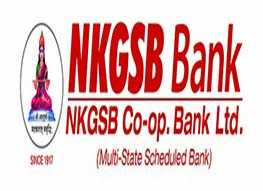Main Memory
- Main memory is usually designed to store or retrieve data and instructions in word length quantities
- The maximum size of the main memory is determined by the addressing schemes.
- A bit computer that generates 16 bit addresses is capable of addressing up to 64k memory locations
- This number represents the address space of the computer
- In some computers the smallest addressable unit of information is word (Word addressable) and some other it is a byte (Byte addressable)
Memory Operations
- The address of the memory location from where the content is read or address of the memory location where the content is needed to be written is placed in the Memory Address Register (MAR)
- The data which is to be written in the specified memory location (as given in MAR) is stored in the Memory Data Register (MDR) or the data read from the specified memory location is stored in MDR.
- If you want to read the content from the specified memory location (as given in MAR) a Read control signal will be generated and if you want to write content into the specified memory location (as given in MAR) a Write control signal will be generated. Content to be written is stored in MDR .
Memory Store operation: Explantation for the above given animation
- Address of the memory location 10101110 is stored in Memory Address Register (MAR). This address will be placed in the Address bus.
- Content 1011 which is to be written is stored in Memory Data Register (MDR). This data will be placed in the Data bus.
- A Write control signal through the control bus is given to memory and the data 1011 is stored in the specified memory location 10101110.
Memory Access time and Memory Cycle time
- The time that elapses between the initiation and completion of a memory operation is called memory access time.
- The minimum time delay between two successive memory operations is called memory cycle time. The cycle time is usually lower than the access time.
Micro routine of Branch instruction << Previous
Support us generously: contact@lessons2all.com
Our aim is to provide information to the knowledge seekers.





.jpg)

